Top EU diplomat calls for European warships to patrol Taiwan Strait
European Union’s foreign policy chief Josep Borrell calls for a show of military force against China
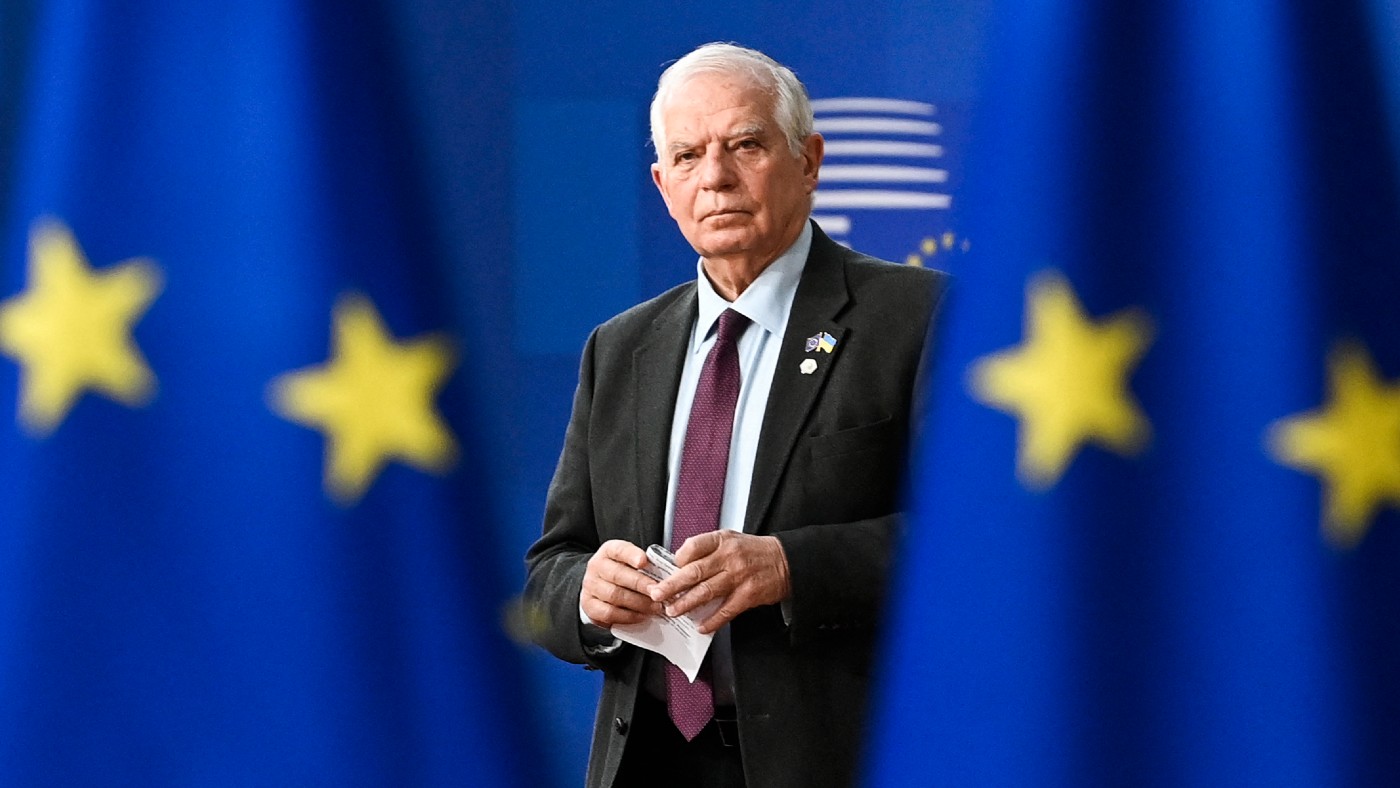
A free daily email with the biggest news stories of the day – and the best features from TheWeek.com
You are now subscribed
Your newsletter sign-up was successful
One of the European Union’s top diplomats has claimed European navies should be patrolling the Taiwan Strait in a show of strength against China.
“Taiwan is clearly part of our geostrategic perimeter to guarantee peace,” said the European Union’s foreign policy chief Josep Borrell last Tuesday during a debate on China at the European Parliament.
“It is not only for a moral reason that an action against Taiwan must necessarily be rejected. It is also because it would be, in economic terms, extremely serious for us, because Taiwan has a strategic role in the production of the most advanced semiconductors,” he added.
The Week
Escape your echo chamber. Get the facts behind the news, plus analysis from multiple perspectives.

Sign up for The Week's Free Newsletters
From our morning news briefing to a weekly Good News Newsletter, get the best of The Week delivered directly to your inbox.
From our morning news briefing to a weekly Good News Newsletter, get the best of The Week delivered directly to your inbox.
Then in an opinion piece for the French weekly newspaper Le Journal Du Dimanche, Borrell doubled down on his comments, insisting that European navies should patrol the disputed Taiwan Strait.
Europe, he said, must be “very present on this issue” because Taiwan’s affairs concern the continent “economically, commercially and technologically”.
Borrell’s call for a show of military force is at odds with the comments of the French president, Emmanuel Macron, who earlier this month argued that Europe should not be a “follower” of the US in the event of conflict with China over Taiwan.
Macron’s position, after he was received in Beijing by the Chinese president, Xi Jinping, for a state visit, “sparked criticism from some politicians in both the US and inside the EU”, said The Guardian.
A free daily email with the biggest news stories of the day – and the best features from TheWeek.com
The dramatic suggestion that EU navies should patrol the politically fraught waters of the Taiwan Strait comes just two weeks after China conducted a three-day military exercise near Taiwan, which involved simulating targeted strikes and blockades of the island.
This, in turn, was a response to a meeting between the Taiwanese president, Tsai Ing-wen, and US House Speaker Kevin McCarthy in early April, following which the Chinese Communist Party warned that it would “fight back”.
But China’s primary motivation for its sabre-rattling is not the historical reunification project the country claims, but rather the technological advantages Taiwan potentially offers, said The Telegraph’s world economy editor Ambrose Evans-Pritchard.
Taiwan accounts for 63% of the global semiconductor foundry market and produces 37% of all logic chips and 92% of the most advanced semiconductor chips under 10 nanometers (nm), “which are what matter for the global tech race”, Evans-Pritchard said.
China has long been keen to raise its chip self-sufficiency, with the aim of producing 70% of its own chips by mid-decade, but its efforts to do so have faltered and plateaued at just 16%.
Witnessing the unfolding competition over the Taiwan Strait, Europe has also been forced to reckon with its own technological vulnerability. In a bid to regain its own digital “sovereignty” after seeing its own global share of semiconductor production fall to 8%, the EU introduced the Chips Act, worth €43bn, which aims to quadruple European chip output before the end of the decade. In the meantime, concerns about access to Taiwan remain paramount.
Europe is not alone in its bid to rein in Beijing, said Robert O’Brien, Donald Trump’s former national security adviser. Washington is determined to stop China from becoming the “Opec of silicon chips”, and accordingly is “never going to let [Taiwan’s] factories fall into Chinese hands”.
However, China is unlikely to invade Taiwan, Evans-Pritchard argued, especially having seen Putin’s “humiliation” in Ukraine. Rather, Beijing’s simulated blockade is a “more insidious way of forcing Taiwan to step up advanced chip supply to China”.
Still, concern about what Xi might be capable of compelled the European Commission president, Ursula von der Leyen, last week to yet again warn China against using force in the Taiwan Strait, “reiterating a message she delivered to Chinese President Xi Jinping during a high-stakes visit to Beijing earlier this month”, said Politico.
The EU, von der Leyen said, has “consistently called for peace and stability in the Taiwan Strait, and we stand strongly against any unilateral change of the status quo, in particular by the use of force.”
However, more important than that, von der Leyen highlighted the need for unity in the EU’s relations with Beijing.
“I believe we can – and we must – carve out our own distinct European approach that also leaves space for us to cooperate with other partners, too,” she said. An approach which, if Borrell has his way, could involve warships.
Arion McNicoll is a freelance writer at The Week Digital and was previously the UK website’s editor. He has also held senior editorial roles at CNN, The Times and The Sunday Times. Along with his writing work, he co-hosts “Today in History with The Retrospectors”, Rethink Audio’s flagship daily podcast, and is a regular panellist (and occasional stand-in host) on “The Week Unwrapped”. He is also a judge for The Publisher Podcast Awards.
-
 Local elections 2026: where are they and who is expected to win?
Local elections 2026: where are they and who is expected to win?The Explainer Labour is braced for heavy losses and U-turn on postponing some council elections hasn’t helped the party’s prospects
-
 6 of the world’s most accessible destinations
6 of the world’s most accessible destinationsThe Week Recommends Experience all of Berlin, Singapore and Sydney
-
 How the FCC’s ‘equal time’ rule works
How the FCC’s ‘equal time’ rule worksIn the Spotlight The law is at the heart of the Colbert-CBS conflict
-
 The spiralling global rice crisis
The spiralling global rice crisisfeature India’s decision to ban exports is starting to have a domino effect around the world
-
 Netanyahu’s reforms: an existential threat to Israel?
Netanyahu’s reforms: an existential threat to Israel?feature The nation is divided over controversial move depriving Israel’s supreme court of the right to override government decisions
-
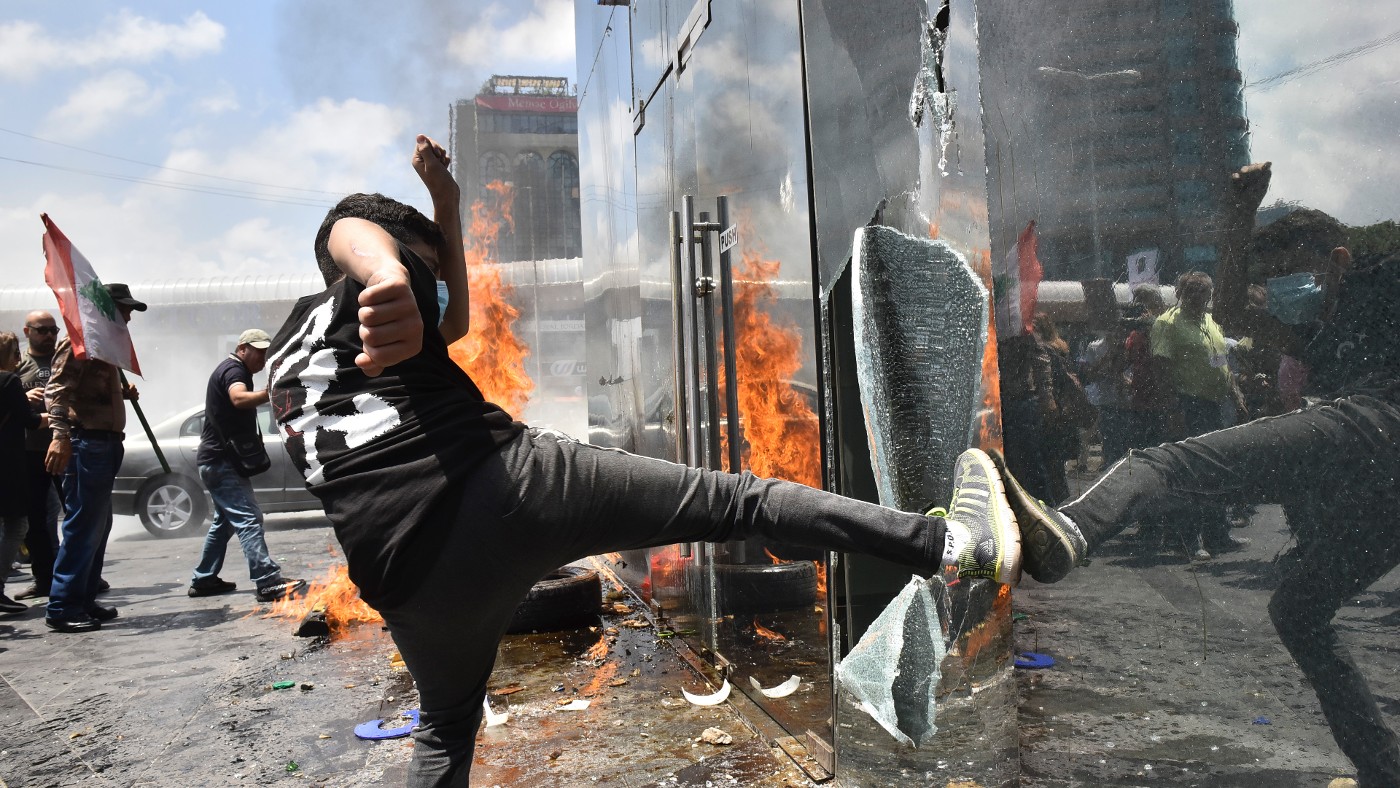 A country still in crisis: Lebanon three years on from Beirut blast
A country still in crisis: Lebanon three years on from Beirut blastfeature Political, economic and criminal dramas are causing a damaging stalemate in the Middle East nation
-
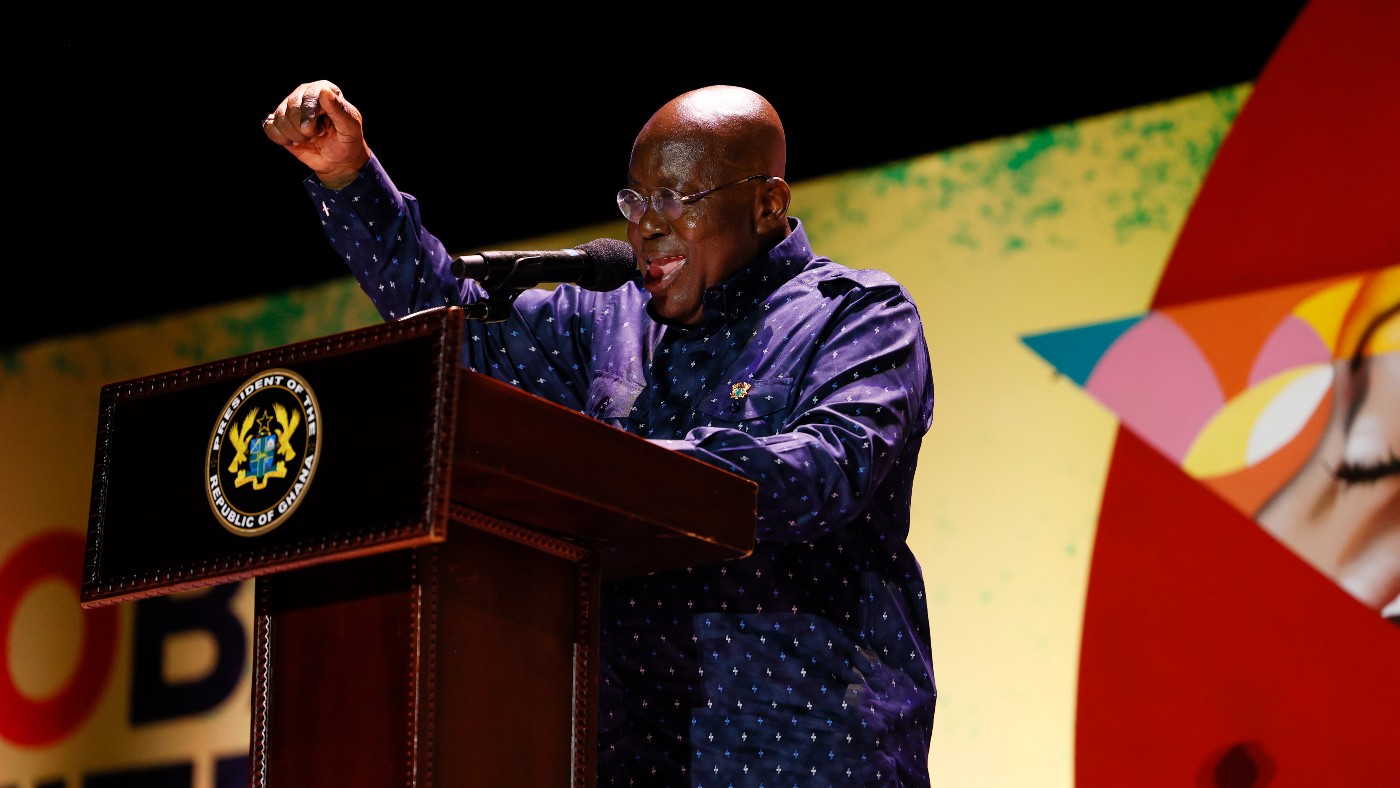 Ghana abolishes the death penalty
Ghana abolishes the death penaltyfeature It joins a growing list of African countries which are turning away from capital punishment
-
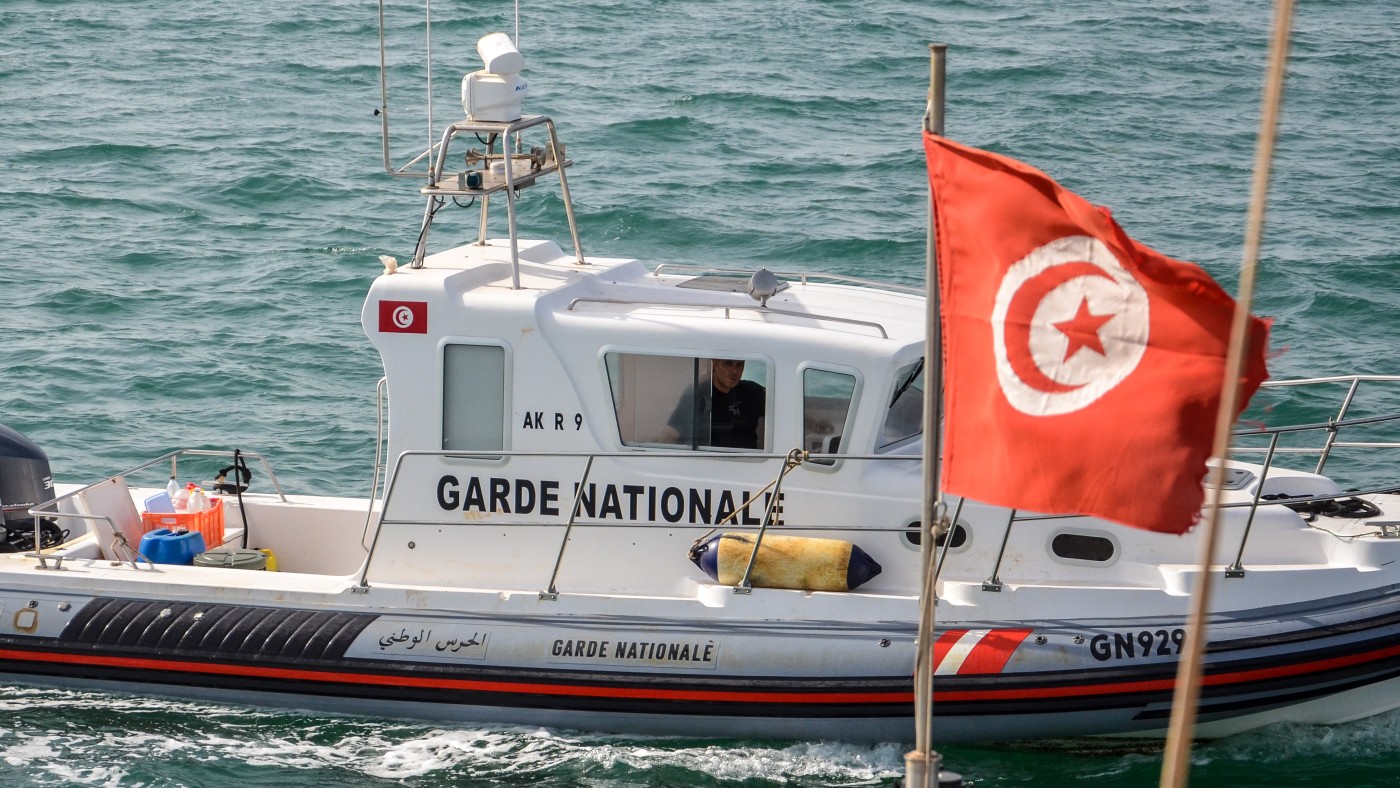 EU-Tunisia agreement: a ‘dangerous’ deal to curb migration?
EU-Tunisia agreement: a ‘dangerous’ deal to curb migration?feature Brussels has pledged to give €100m to Tunisia to crack down on people smuggling and strengthen its borders
-
 The sinister side to India’s fantasy gaming craze
The sinister side to India’s fantasy gaming crazefeature Fantasy gaming is booming in India, despite the country's ban on gambling
-
 China’s ‘sluggish’ economy: squeezing the middle classes
China’s ‘sluggish’ economy: squeezing the middle classesfeature Reports of the death of the Chinese economy may be greatly exaggerated say analysts
-
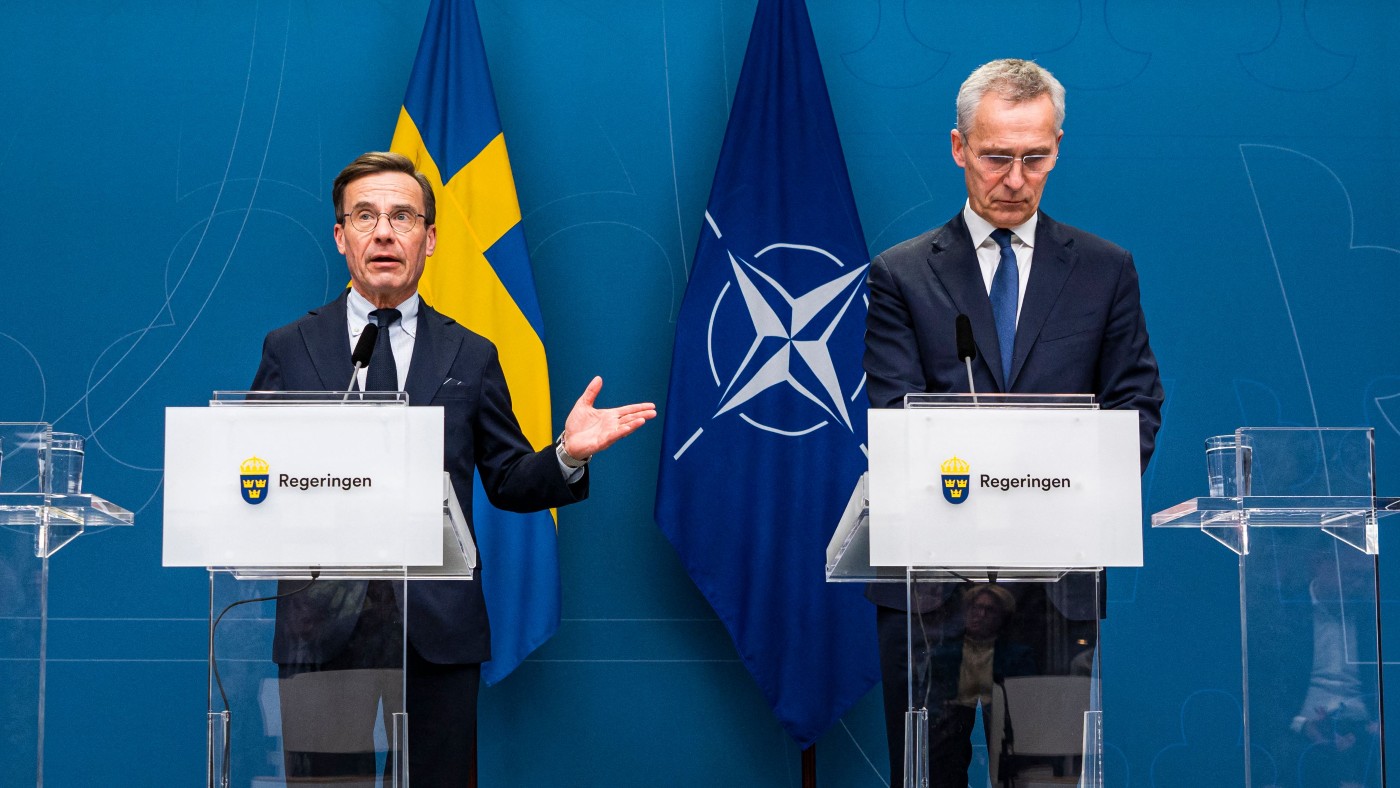 Non-aligned no longer: Sweden embraces Nato
Non-aligned no longer: Sweden embraces Natofeature While Swedes believe it will make them safer Turkey’s grip over the alliance worries some